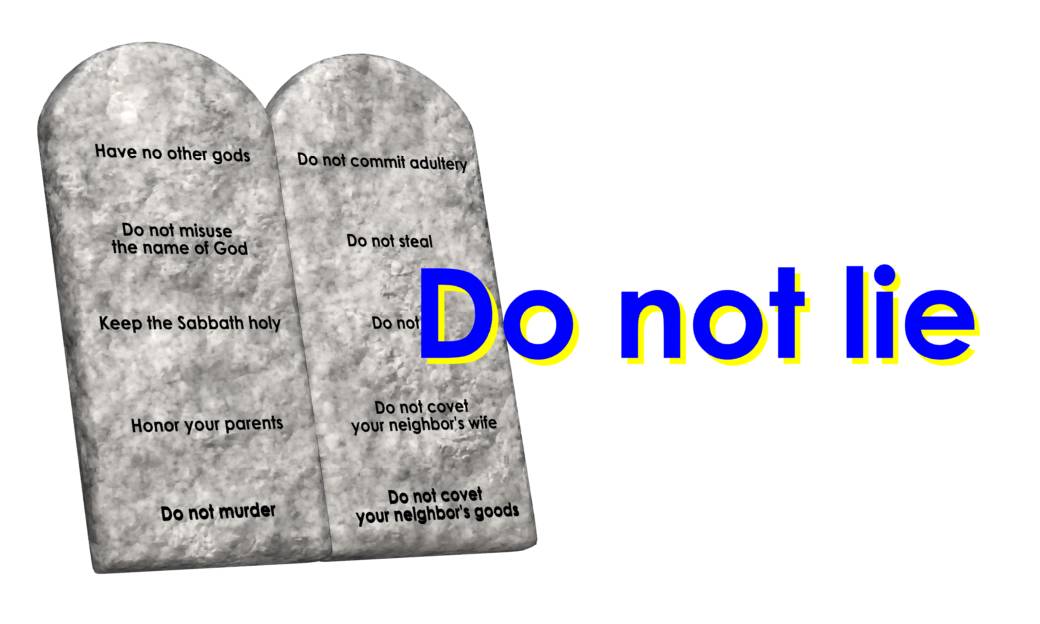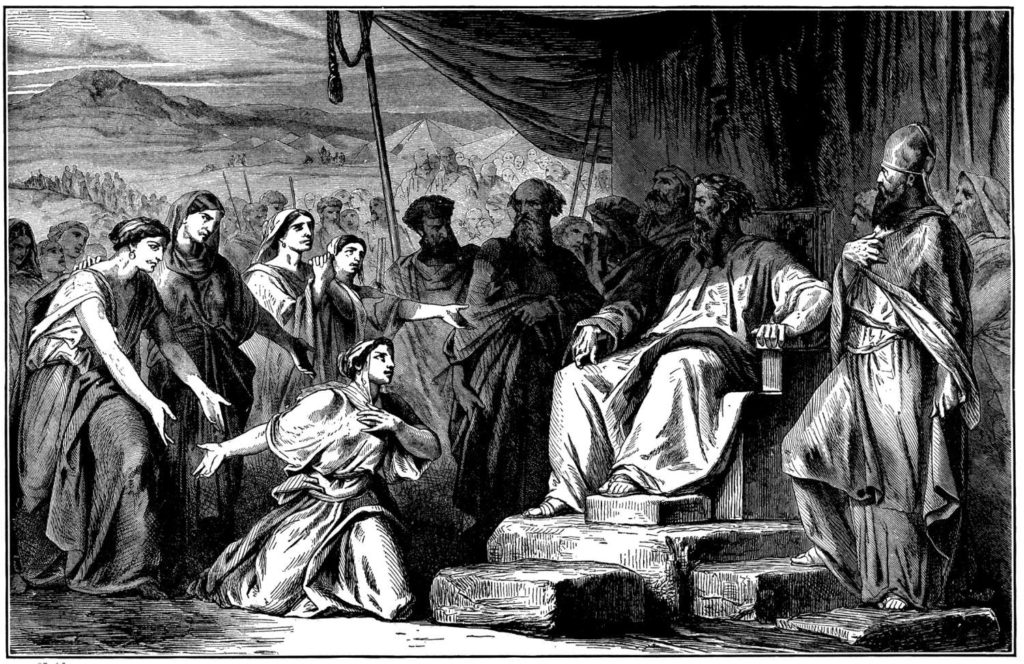
You have been lied to about Paul and his epistle to about the Book of Galatians!
An Important Question
When addressing the lies that the mainstream church has been dishing out like a load of dung against Paul and the Word of Elohim (i.e. Yeshua the Messiah, the Word of Elohim) since the time of the early church fathers, let us first ask an important question that has far-reaching implication including whether you can trust the Bible and whether you are saved or not. In the Epistle to the Galatians. It is this: Is Paul advocating the abrogation of the Torah-law as mainstream Christianity teaches or not?
This is the lens through which most Christians view Galatians. For example, the chapter subheadings in my NKJV Bible reveal the antitorah bias of mainstream Christianity. The heading above Galatians 2:11 reads, “No Return to the Law,” and the heading over Gal 3:10 reads, “ The Law Brings a Curse.” When Christians study their Bibles and encounter these subheadings that are written by men and not inspired by the Spirit, what are they to think? Most don’t questions the scholars who translate the Bible or the publishers sell the Bibles. Most readers will automatically thinks to themselves, “After all, these translators and publishers are Bible experts, they know more than I do, so who am I to question them?”
Interestingly, the same author of Galatians elsewhere admonishes us to, “Prove/test all things; hold fast to that which is good” (1 Thess 5:21). This is the responsibility of each saint as he studies the word of Elohim. Therefore, it behooves us to have a touch of intellectual scepticism when studying the Scriptures to insure that we’re not unwittingly putting our faith in the traditions and doctrines of men by which the word of Elohim has been made of none-effect (Mark 7:9, 13), and that we haven’t inherited lies that have been passed on down to us from our spiritual fathers (Jer 16:19). Let us instead be like the righteous Bereans who “searched the Scriptures daily to find out whether these things were so” (Acts 17:11).
Continue reading




